Swiss ski fans rally past lousy results
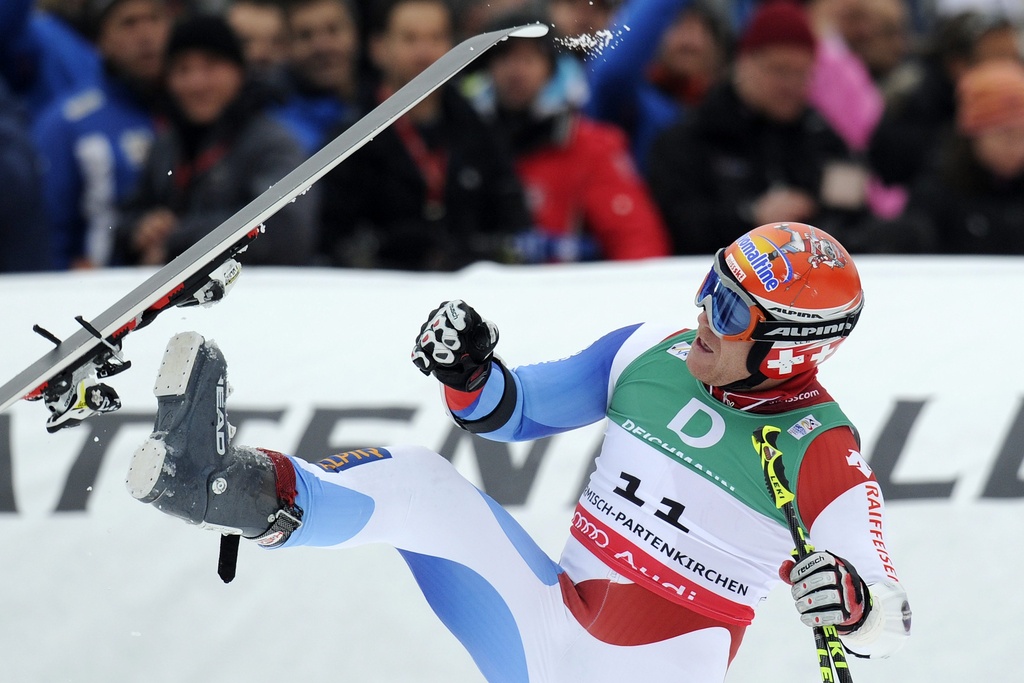
While Swiss ski fans are largely unimpressed with the country’s poor showing at the World Ski Championships, many who came still found reasons to celebrate.
They had to make the best of it. Their team had hoped to earn a fistful of medals at the 12-day event at the Bavarian venue, but with the contest ending on Sunday, the Swiss may walk away with just one.
“It’s annoying,” Silvan Hancock, 23, told swissinfo.ch as he waited in a slushy field under a warm blanket of fog for the women’s giant slalom race to begin.
“We still have hopes,” interrupted his brother, Fabri, who had organised the trip from their hometown of Gstaad to watch the championships that the Swiss team dominated two years ago in Val d’Isère, France. “Then again, maybe we have had a little too much to drink.”
Indeed, organisers of the once-every-two-year event were doing their best to keep the mood upbeat for the some 10,000 ski racing enthusiasts who had gathered at the foot of the famous Kandahar piste. With thumping music, no shortage of hot wine and repeated calls for fans to wave their countries’ flags, it was difficult to dwell on the wet conditions and dismal Swiss performance.
Even Christoph Wörfer, a Bavarian who quietly admitted he was rooting for Switzerland, said it was hard not to have some fun, even as announcers said the race he was watching would begin two hours behind schedule due to poor visibility.
“It’s a great atmosphere,” the 27 year old said, wearing a knitted cap with a small Swiss flag stitched to the side. “I’m here for the party.”
Can’t win them all
Not so for the Swiss ski squad, which at the 2009 championships had walked away with the most medals, even beating arch-rival Austria. This time round, the Swiss seemed to have run out of luck with a string of fourth-place finishes that kept them eyeing the podium from a tantalising proximity.
“At least we have Didier Cuche,” shrugged Karl Langensand, a 31-year-old tourism worker from canton Obwalden who often travels to watch the Swiss compete. At the Vancouver Winter Olympics in 2010, Langensand travelled nine time zones to watch the Swiss win gold in the men’s downhill, an “absolutely incredible” event, he said.
This time, Cuche, currently the world’s number three on the World Cup alpine circuit, has taken silver in the men’s downhill behind Erik Guay of Canada and ahead of super-G winner Christof Innerhofer of Italy. His is the lone Swiss medal so far – on Friday he and teammate Carlo Janka, the defending world champion, only managed a top ten finish in the men’s giant slalom.
The Swiss women were disappointing in Saturday’s slalom event, with Denise Feierabend the best placed at number 21.
“It is a shame not to have won any medal,” Lara Gut, a Swiss hopeful, told a news conference after finishing 20th in the women’s giant slalom. “The championships are over for me.”
“All of us are able to ski better,” Swiss skier Beat Feuz added after the Swiss lost a team event. “Up on the top I heard that everyone in our team before me had lost, then the motivation was gone.”
Making bets
Whatever energy fled the starting hut had been recuperated a few kilometres down a narrow road at Garmisch’s quaint Mohrenplatz, where Swiss sponsors and a German car company had set up a large screen to air the events live.
A stall sold Swiss meat next to another doling out ice cream in the spring-like temperatures. Whereas German and Austrian flags had dominated the base of the race venue, here the Swiss were clearly in charge.
“Sure we’re disappointed in the Swiss but we celebrate no matter what,” said Max Gillioz from canton Valais, who sat with a group of friends swilling homemade hooch next to the cobblestone plaza.
Gillioz, along with his friends Marcia, Barthélémy and Joseph, makes a habit of travelling to the championships. They were in Bormio, Italy, in 2007 and in Val d’Isère in 2009. Each day the group makes friendly bets among themselves on who will finish in the top three. The loser must make dinner.
Many fans praised the event for being well organised while others said they’d been turned away from races that had sold out. Some complained of high ticket prices.
But the biggest “problems” were among themselves. “Sometimes we fight because my friend here wants a Slovenian and she there wants an Austrian to win,” Gillioz said in mock disapproval. “Of course, we cheer mostly for the Swiss but are happy when an Italian or a French wins.”
“Skiing is not the same as football. You can find a reason to be happy no matter what.”
The World Ski Championships end on February 20, where the Swiss, currently placed eighth, are unlikely to make the top five.
The contest is different from the World Cup in that athletes from all over the world are allowed to compete regardless of how many points they have earned in World Cup races. Even Haiti sent a skier to compete at this year’s event.
The ski world championships are taking place from February 7-20.
There are five individual races (downhill, super-G, giant, slalom and super-combined) for men and for women, as well as a mixed team event.
The resort of Garmisch-Partenkirchen is in Bavaria, a few kilometres from the Austrian border.
It was the site of the 1936 Winter Olympics, and is part of Munich’s bid for the 2018 games.
It has hosted the World Ski Championships twice, in 1978 and 2001.
Garmisch is the site of the Kandahar run, reputed to be one of the toughest in the world. The Kandahar is one of the runs on the World Cup circuit.

In compliance with the JTI standards
More: SWI swissinfo.ch certified by the Journalism Trust Initiative
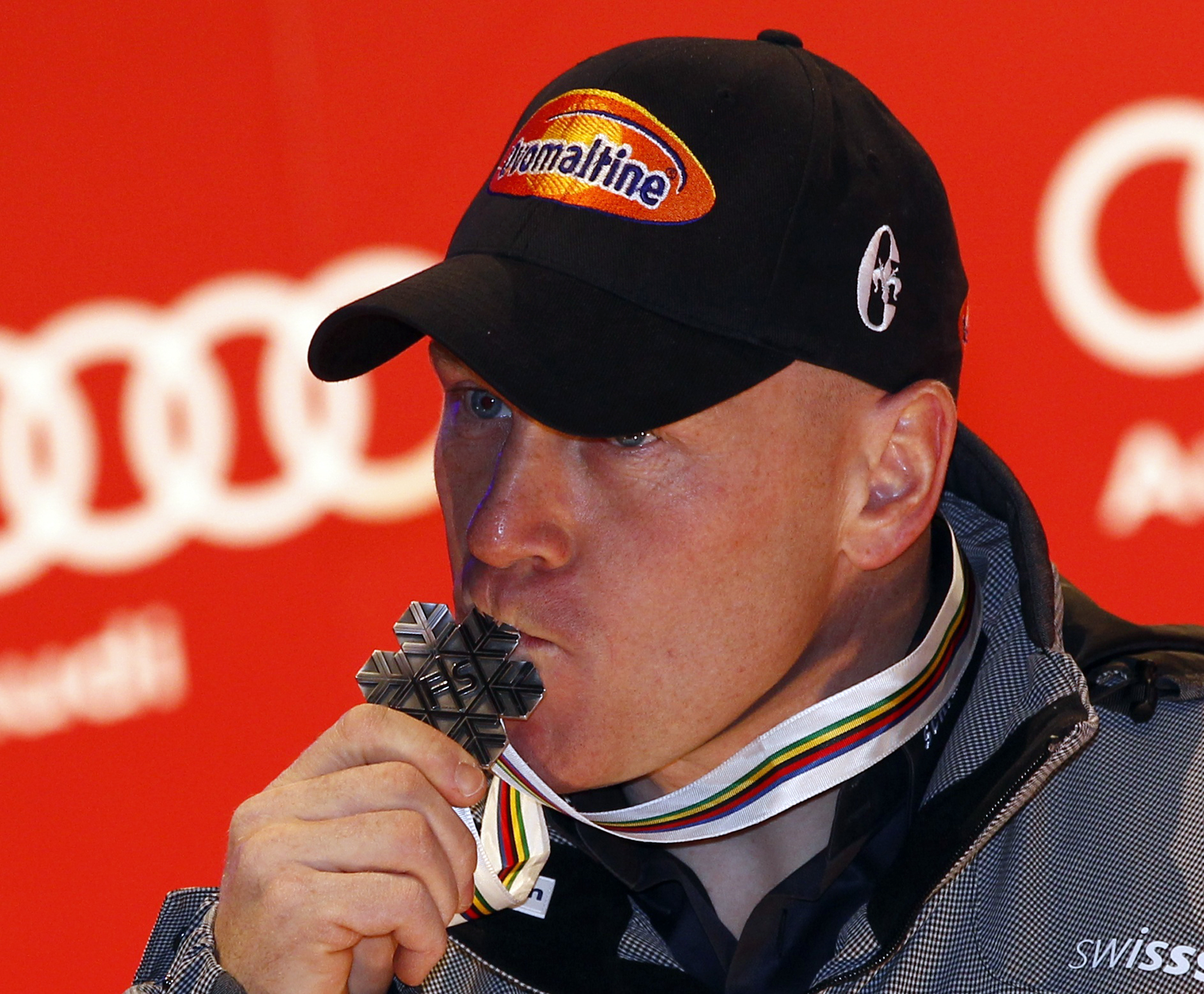
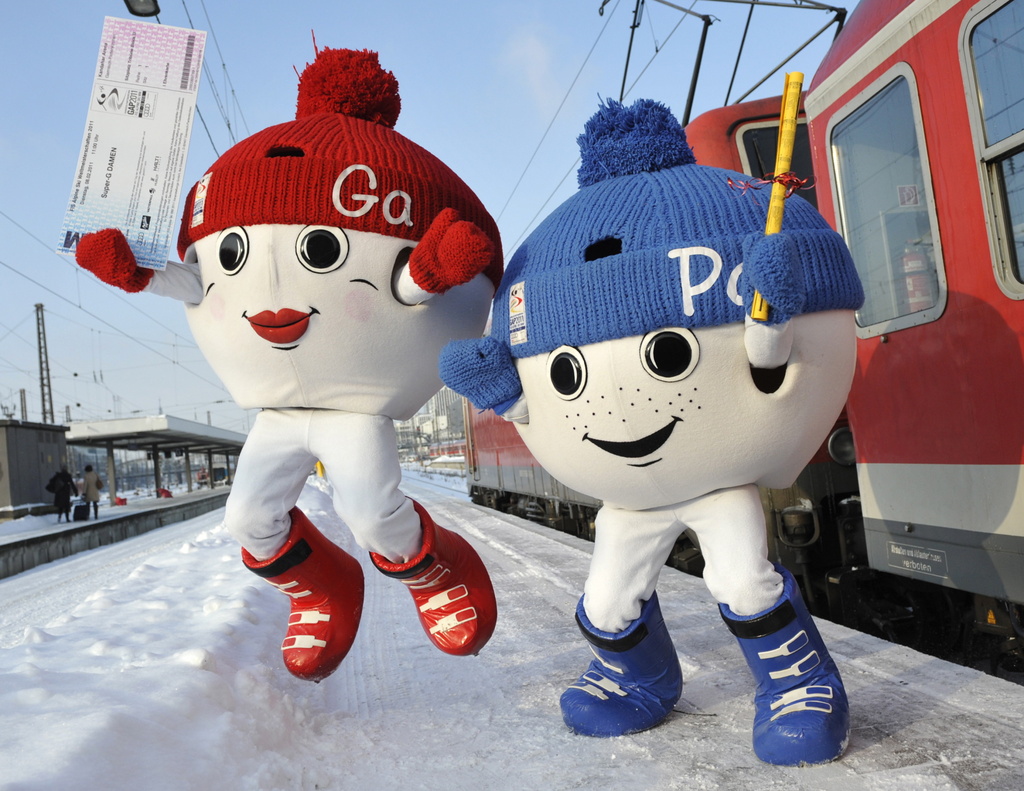
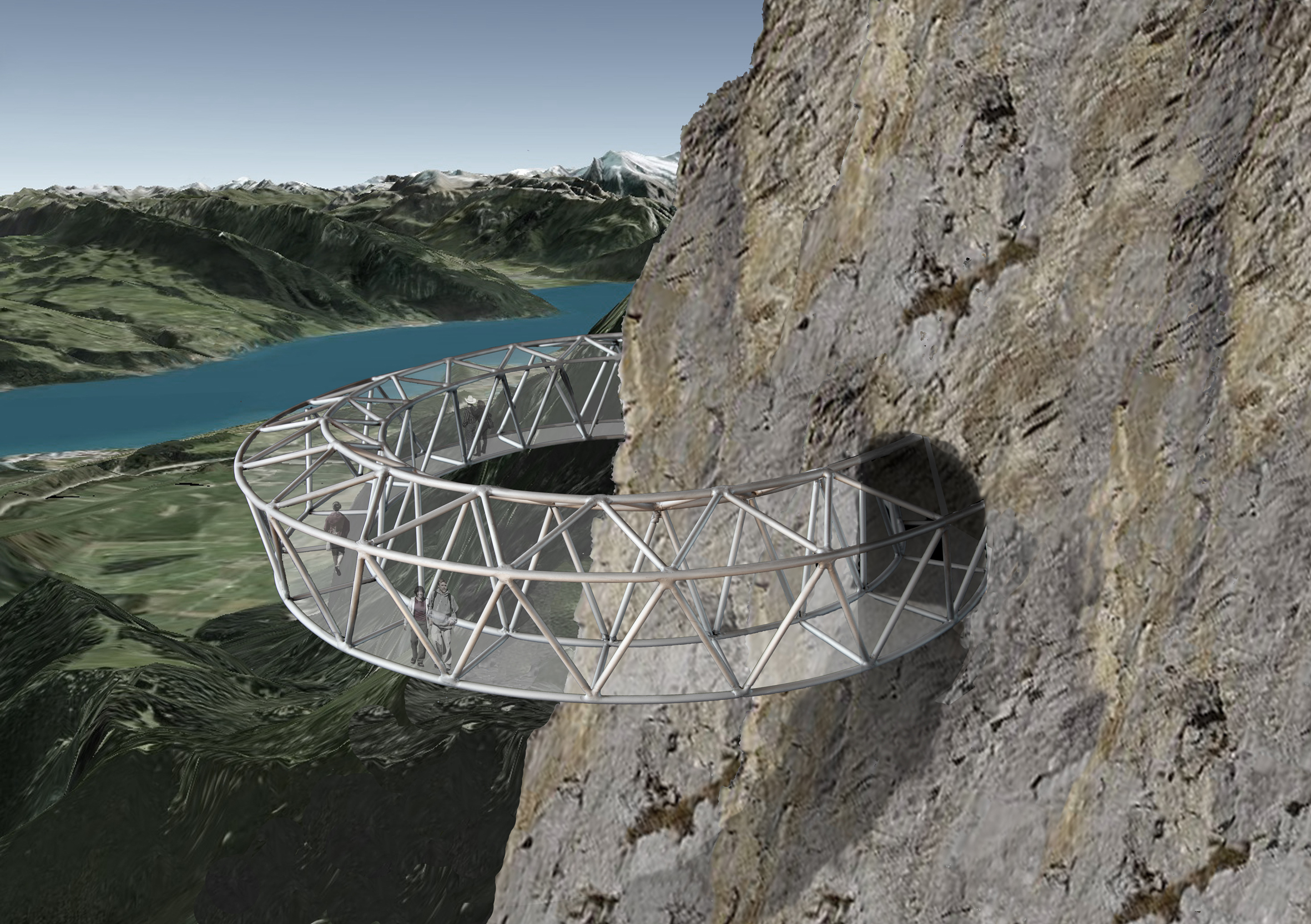
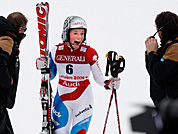
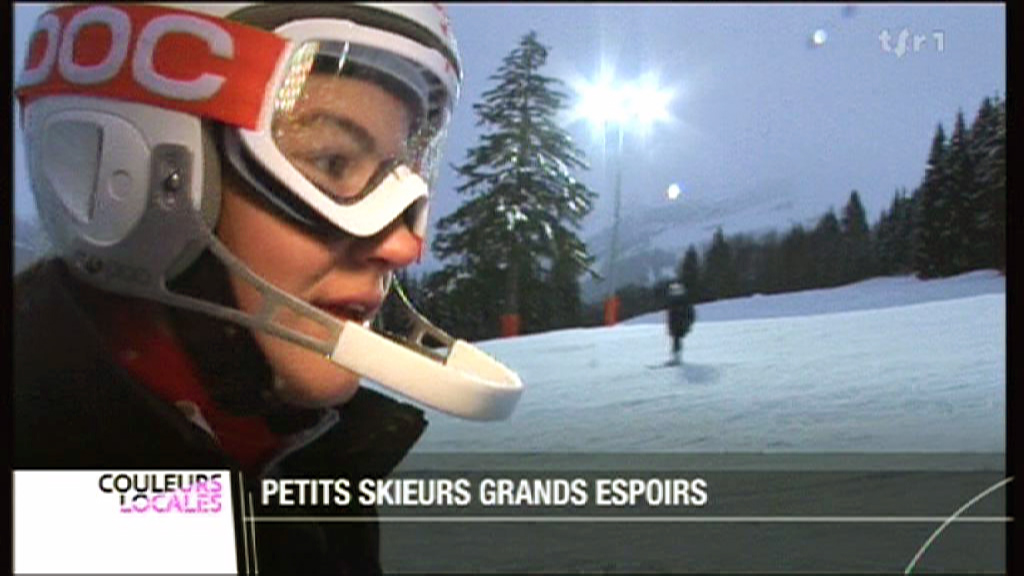
You can find an overview of ongoing debates with our journalists here. Please join us!
If you want to start a conversation about a topic raised in this article or want to report factual errors, email us at english@swissinfo.ch.